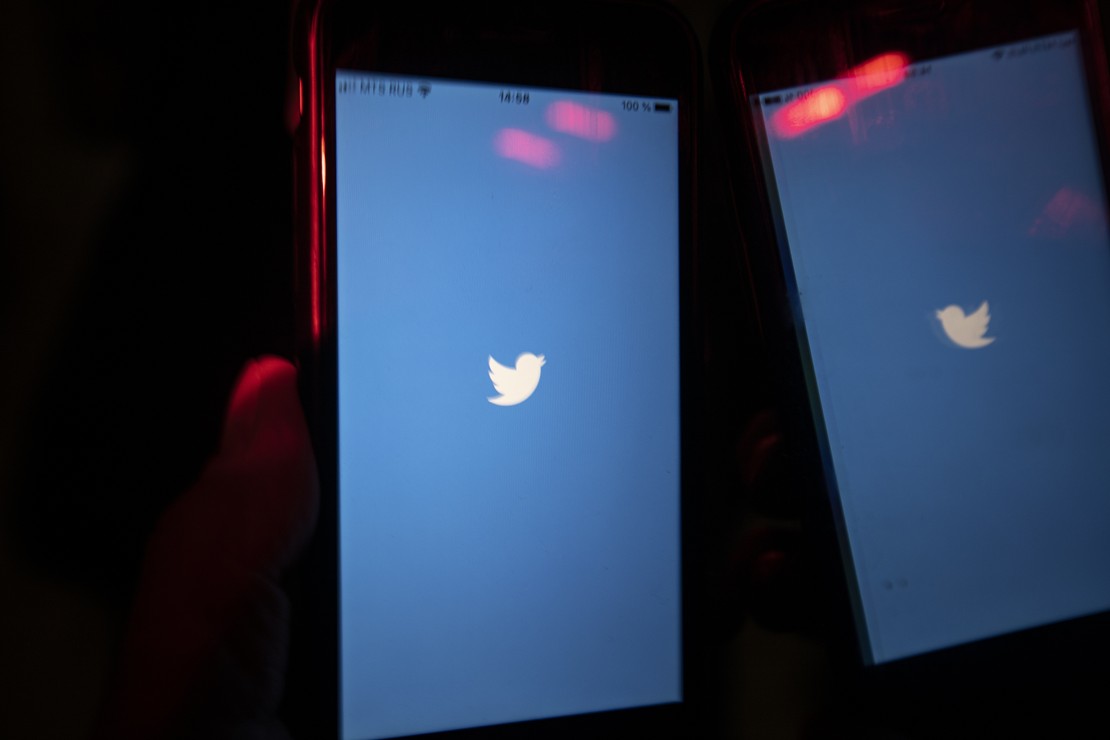
When Elon Musk unveiled his “best and final offer” to buy out Twitter and take it private, the company’s board of directors issued a statement saying that they would “carefully consider” the offer. We haven’t heard much about those ongoing considerations since then, but news has leaked out that they’re not big fans of the plan. The board is reportedly preparing a “poison pill” strategy the might make the company unaffordable for Musk, assuming he can even summon up the amount of cash that would be required if they were to accept his initial offer. (This is something that Musk himself hasn’t definitively nailed down in recent interviews.) So how would this work? The plan involves significantly increasing the number of available shares to the point where the price could rise dramatically. The Associated Press put out an “explainer” last night, describing how that might work.
The ingredients of each poison pill vary, but they’re all designed to give corporate boards an option to flood the market with so much newly created stock that a takeover becomes prohibitively expensive. The strategy was popularized back in the 1980s when publicly held companies were being stalked by corporate raiders such as Carl Icahn — now more frequently described as “activist investors.”
Twitter didn’t disclose the details of its poison pill Friday, but said it would provide more information in a forthcoming filing with the Securities and Exchange Commission, which the company delayed because public markets were closed Friday.
The San Francisco company’s plan will be triggered if a shareholder accumulates a stake of 15% or more. Musk, best known as CEO of electric car maker Tesla, currently holds a roughly 9% stake.
READ RELATED: Zelensky to EU: Is economic comfort more important than genocide?
If you watched the movie The Social Network, you’re probably already familiar with this strategy. It’s similar to what Mark Zuckerberg tried to do to the Winklevos brothers to ice them out of Facebook’s soaring potential. If a company suddenly issues a massive number of new shares of its stock, it’s possible that the total value could increase.
But there are also preventive measures that are typically put in place to prevent any shareholders from being damaged in this way. Usually, there is a provision in the initial sale agreement that if new stocks are issued, current stockholders will have their number of shares increased by the same percentage. Also, a flood of new shares tends to drive down the price of the stock, so how much of an impact this would have on Musk’s bid is unclear.
The Associated Press points out that this isn’t always a defensive strategy to thwart an attempted takeover. Sometimes it’s simply an effort to increase the total sale price aimed at maximizing the profits of the existing shareholders. That’s an important distinction for legal reasons. If the board can show that they are simply trying to achieve the best deal for existing shareholders, then they are doing their job. But if their poison pill results in the total value of the company dropping (along with the shareholders’ profits) then they could find themselves running afoul of SEC regulations and facing potential fines and penalties.
As noted above, Musk has already described his bid as his “best and final” offer. But others have said that in the past and come back to the table with a larger offer. I would be surprised if this turns out to just be a tactic by Twitter to make a few extra bucks, however. They are already under pressure from their largely liberal base of users to protect the narrative and continue censoring unpopular opinions as “dangerous misinformation” or “verbal violence.” The attitude of the board members regarding censorship is clear. They’re all in favor of it and they don’t want to see their platform turned into an actual marketplace for free speech as Musk desires. We should know more when the markets reopen on Monday morning.
Source:





